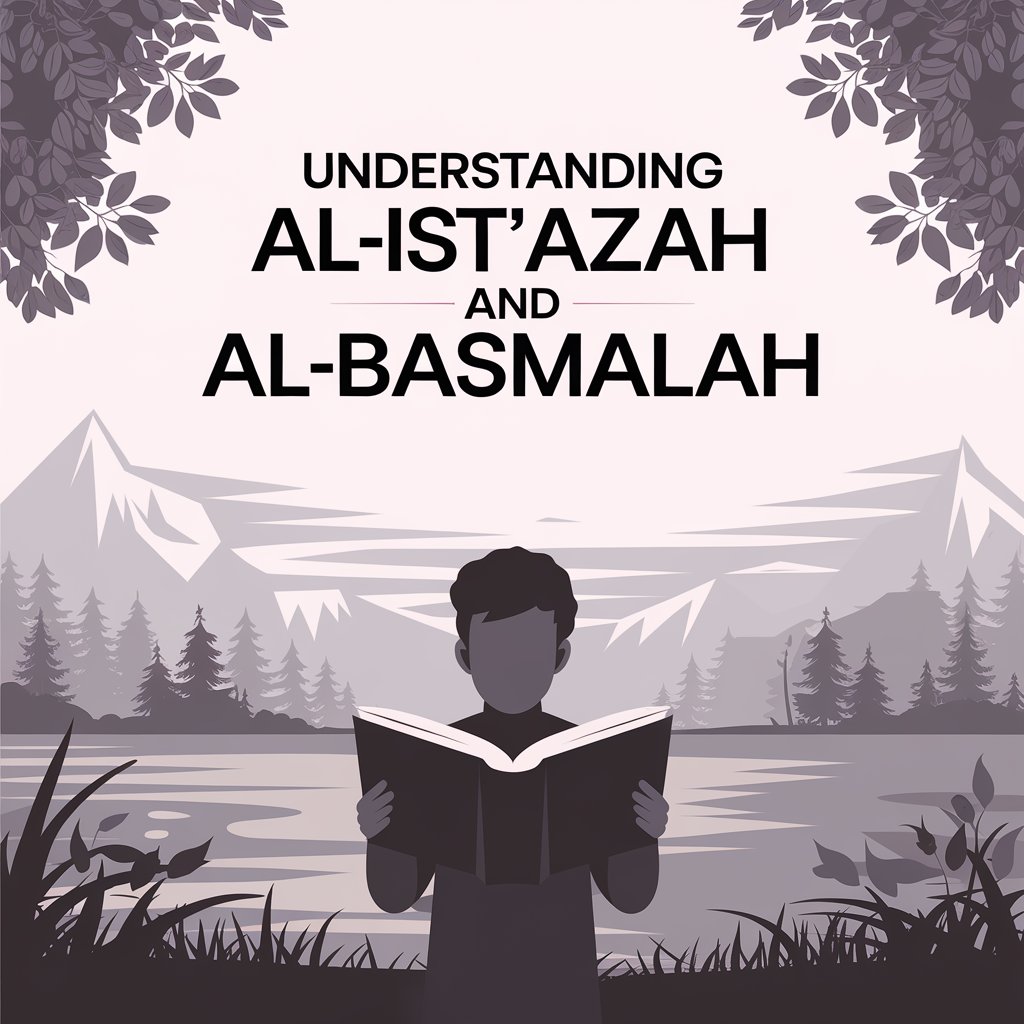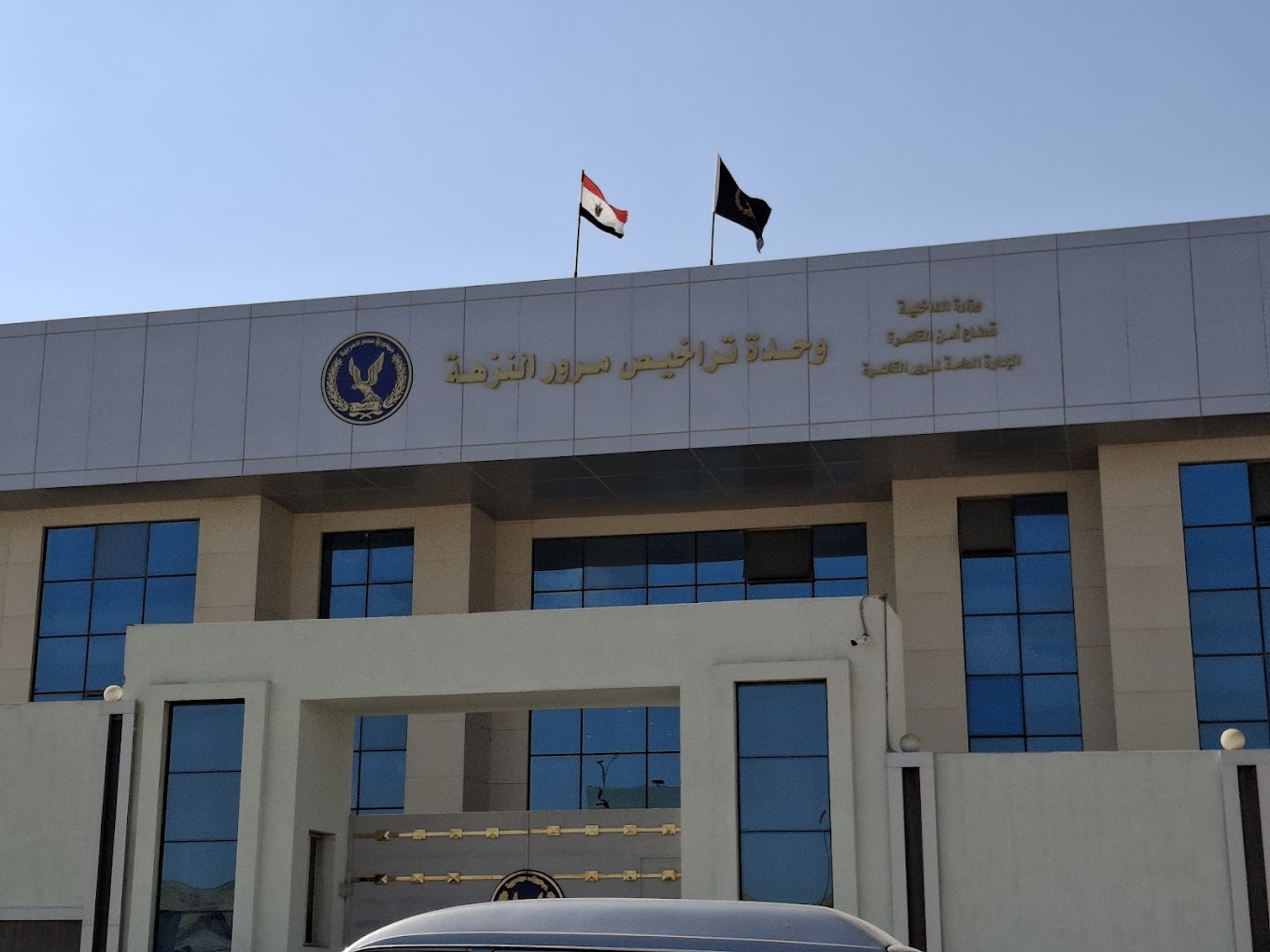
Embarking on the journey to master Tajweed, the science of Quranic pronunciation, is a noble and essential pursuit for every Muslim. The beginner's guide is designed to provide you with the foundational knowledge needed to understand and appreciate the study of Tajweed.
In Sha Allah, by the end of this lesson, you should be able to:
Tajweed is derived from the Arabic word " جودة " (Jawda), meaning quality. Linguistically, Tajweed signifies ''improvement'' or ''betterment''. In Quranic recitation, Tajweed is the science that ensures the correct pronunciation of Arabic letters. This is achieved by:
The study of ilmu Tajweed primarily focuses on the correct articulation and pronunciation of Arabic letters during Quranic recitation. It involves mastering the three key operations mentioned above to ensure the recitation accurately reflects the original revelation.

The primary benefit of Ilmu Tajweed is to protect the tongue from errors while reciting the Glorious Quran. Accurate pronunciation ensures that the recitation remains true to its divine origin, preserving the beauty and meaning of Allah's words.
The science of Tajweed is rooted in the practical recitation of the Prophet Muhammad ﷺ passed down through generations. Scholars of recitation later formalized the theoretical aspects, which we study today as Tajweed to facilitate easier understanding and practice. May Almighty Allah reward them with goodness.
This is evidenced in a hadith reported by Sahid ibn Mansur in his Sunan (Vol. 5, pg. 258, hadith no. 1024) and by Attabarany in his Al-Mu'jam Al-Kabir (Vol. 9, pg. 137, hadith no. 8677). Ibn Masoud (may Allah be pleased with him), also known as Abu Abd Rahman, was teaching a man the Quran when the man read the verse from Surah At-Tawbah (9:60): إِنَّمَا ٱلصَّدَقَـٰتُ لِلْفُقَرَآءِ وَٱلْمَسَـٰكِينِwithout the required Madd (elongation) in the word لِلْفُقَرَاءِ. Ibn Masoud corrected him, saying, this is not how the Prophet Muhammad ﷺ read it. Ibn Masoud responded by reciting it with the required Madd (لِلْفُقَرَاء )
This hadith highlights the importance of precise pronunciation in Quranic recitation, demonstrating that even native Arabic speakers require the study of Tajweed to recite the Quran correctly.
Learning Tajweed is considered an obligation of sufficiency (فرض كفاية) in Islam, meaning that if a portion of the Ummah (community) learns and practices it, the responsibility is lifted from the rest. However, applying Tajweed in Quranic recitation is an individual obligation for every Muslim, as commanded by Allah in the Quran: ''And recite the Qur'an with Tarteel (intone it)'' (Surah Al-Muzzammil, 73:4).
Understanding and mastering Tajweed is vital to preserving the sanctity and accuracy of Quranic recitation. By learning Tajweed, you not only enhance your recitation but also fulfill an important duty, ensuring that the words of Allah are recited as they were revealed. As you continue your journey in learning Tajweed, remember that this knowledge connects you to a rich tradition passed down from the Prophet ﷺ to the present day.
Have you started your journey mastering Tajweed?
What challenges or questions do you have along the way? We'd love to hear about your experiences to help you continue this sacred path in the comments below!
Compiled by: Abdulmateen Abdulazeez
Revised by: Admin




